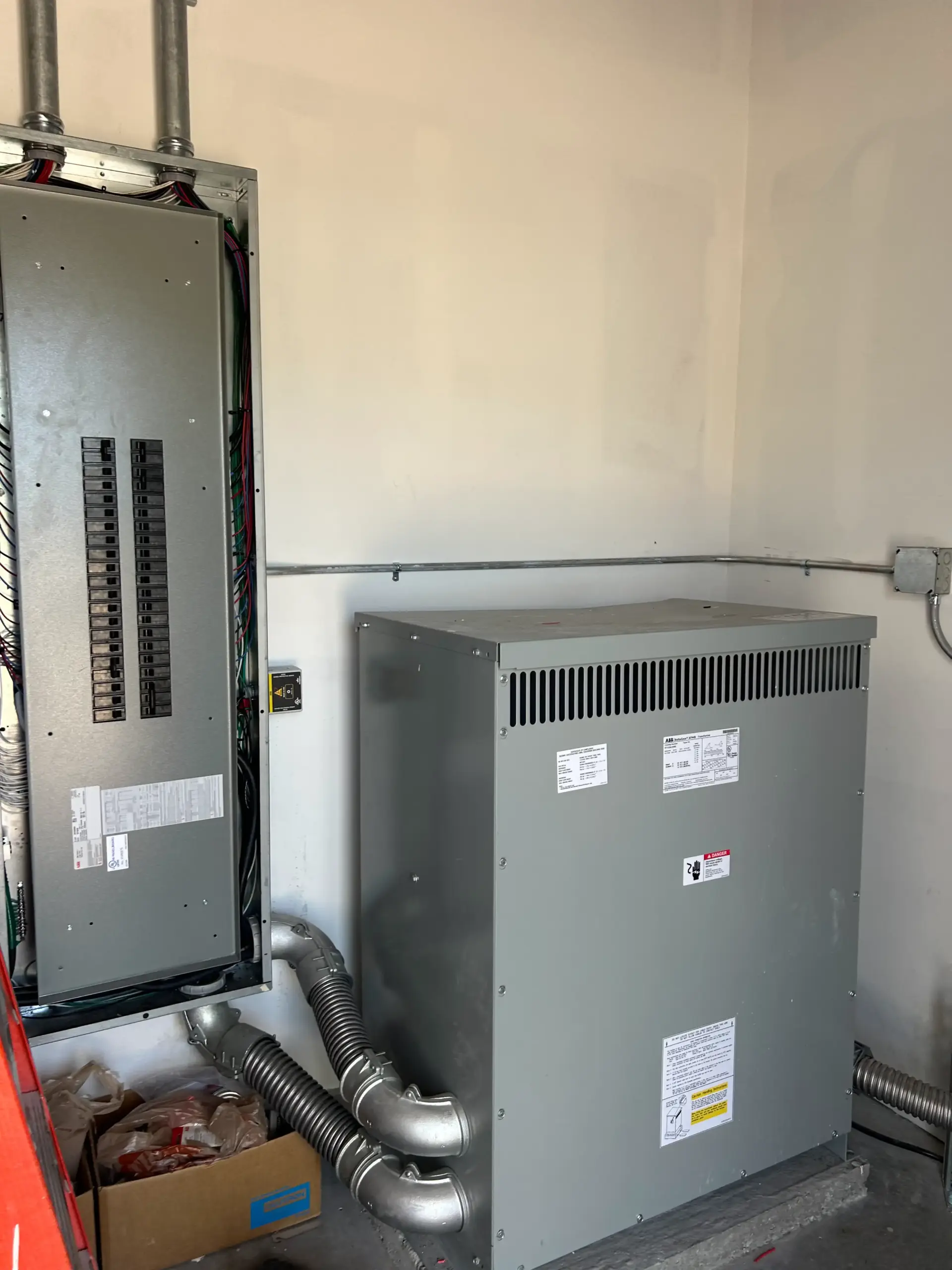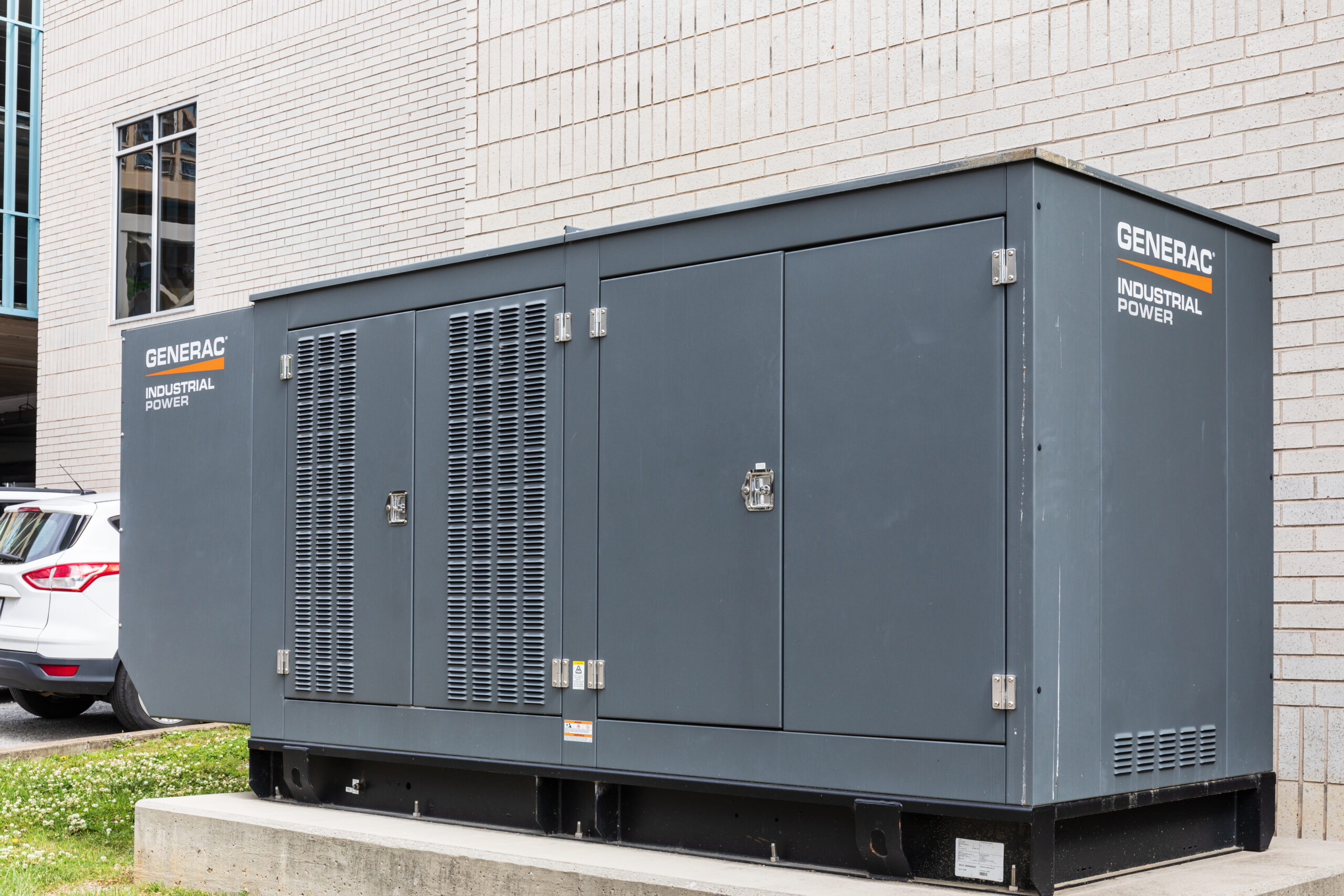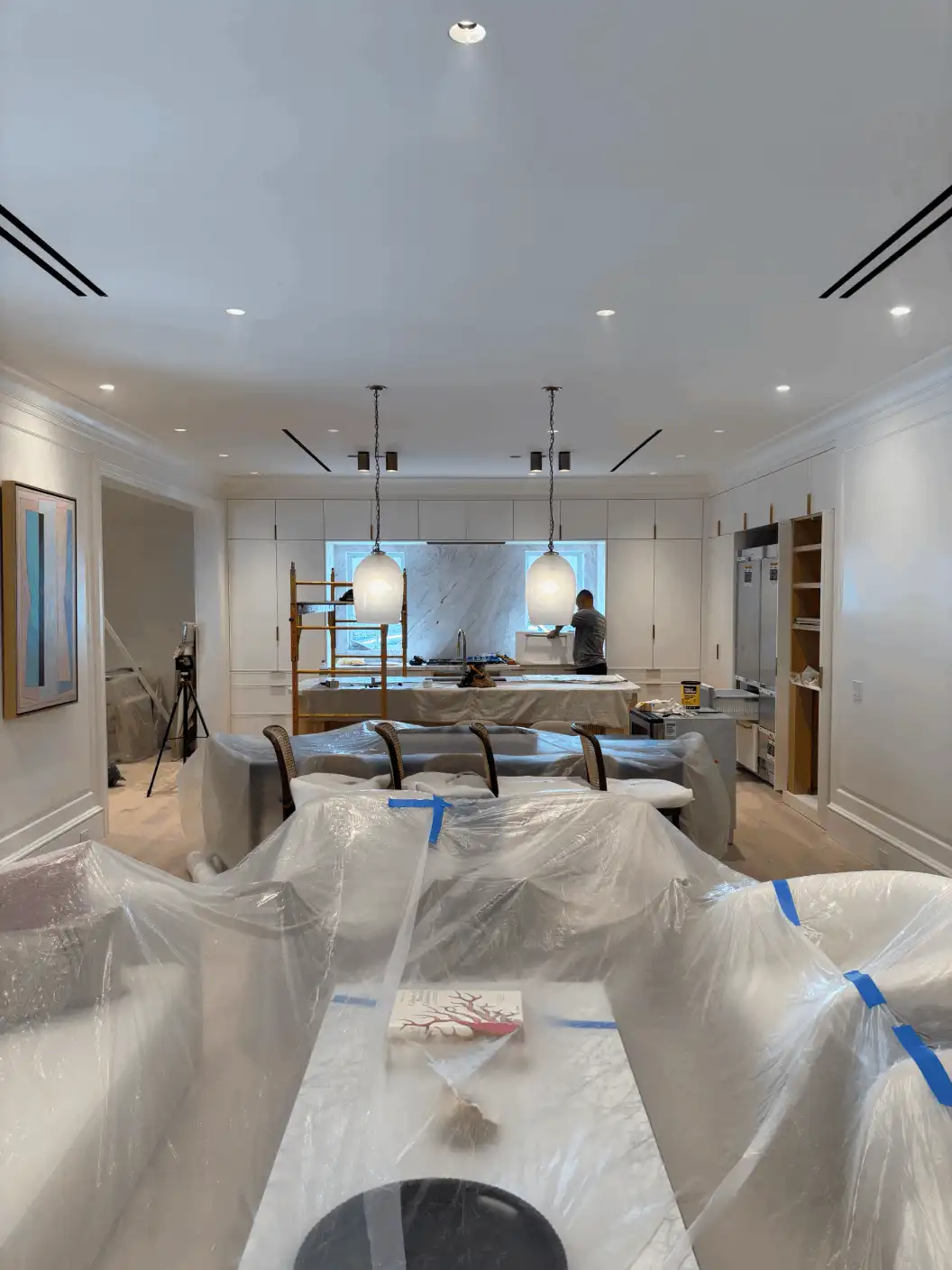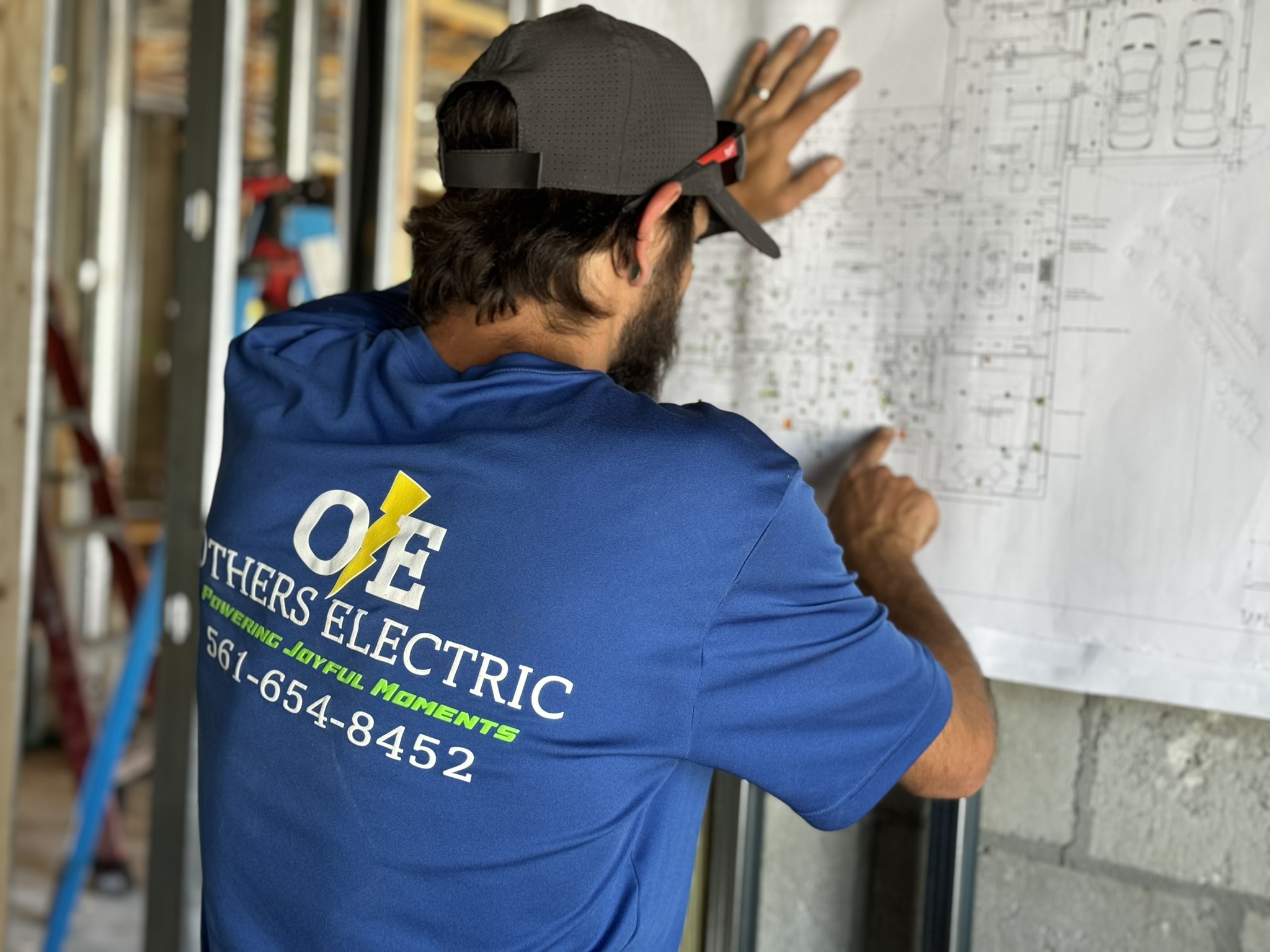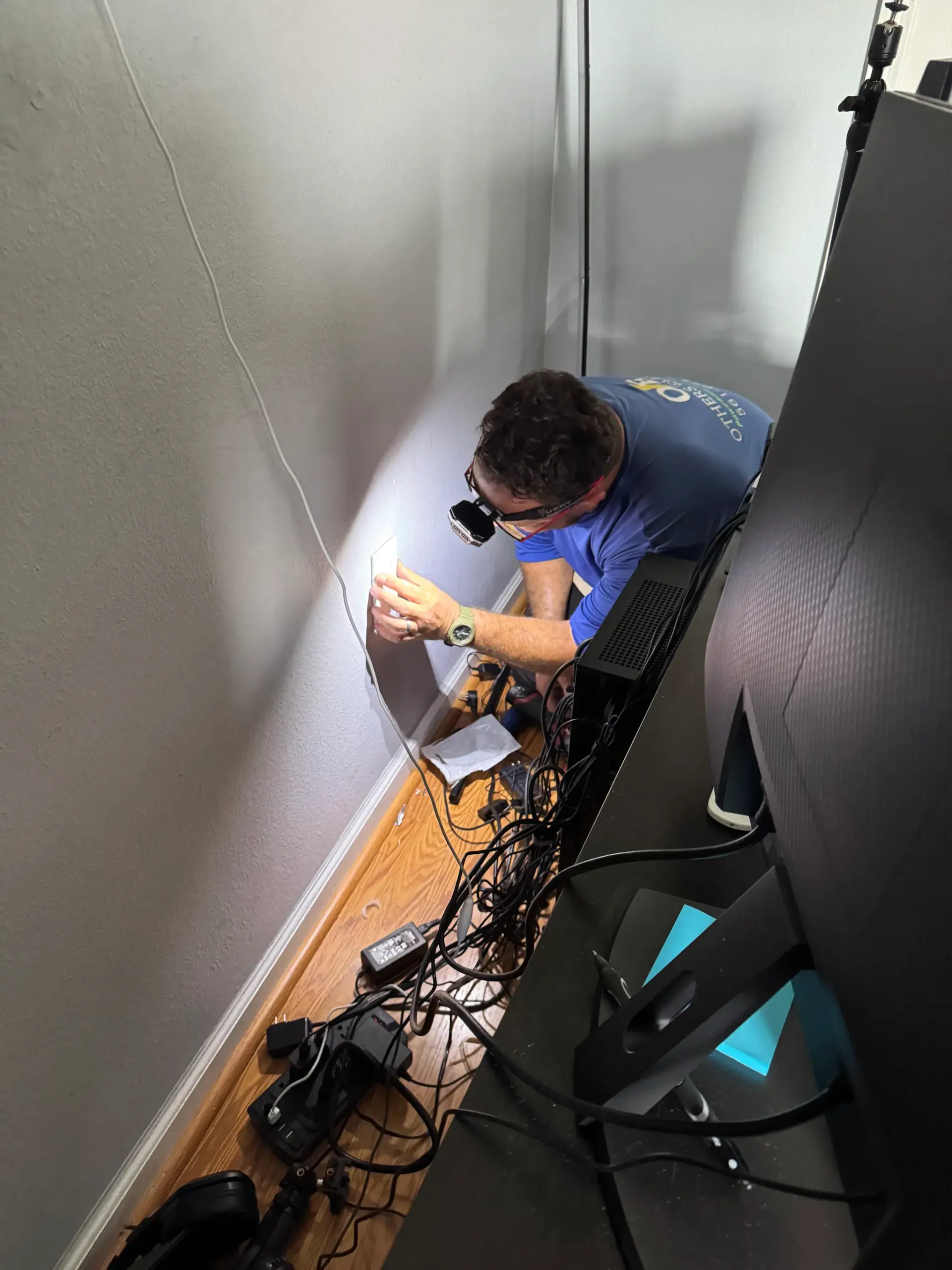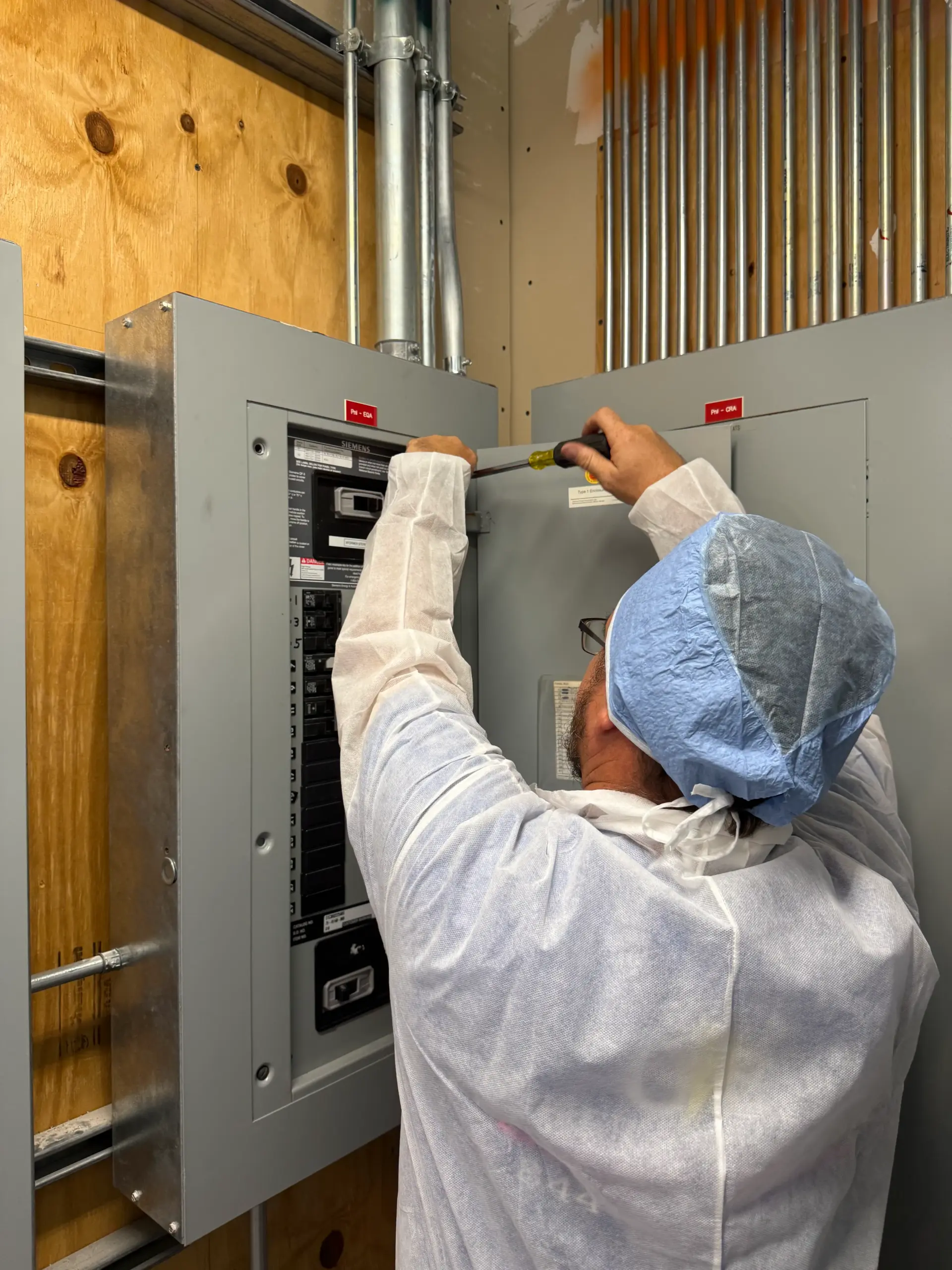Why Does My Breaker Box Keep Tripping
Modern homes depend on a consistent and safe electrical flow, but when that flow is disrupted—particularly by a breaker that keeps tripping—it can lead to confusion, frustration, and sometimes fear. If you’ve found yourself asking, why does my breaker box keep tripping, you’re far from alone. Frequent trips are not only inconvenient, but they could also signal a deeper, potentially dangerous electrical issue that needs professional attention.
Florida homes, especially those along the state’s east coast, face unique environmental and infrastructure-related electrical challenges. From seasonal storms to aging systems, the causes of tripping breakers can vary widely. In this article, we explore what’s happening behind the scenes when your breaker trips repeatedly, why it’s more than just an annoyance, and what steps you should take to address the issue. Understanding why does my breaker box keep tripping is essential for protecting your home and ensuring safety.
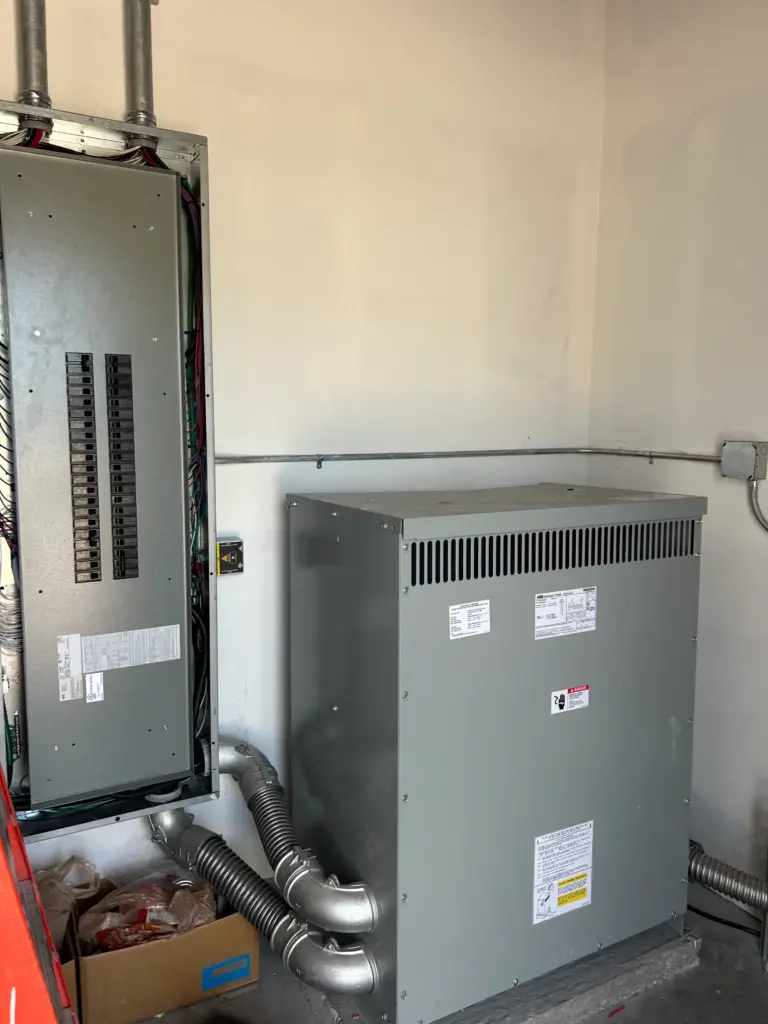
Understanding What a Circuit Breaker Does
To begin answering the question why does my breaker box keep tripping, it’s essential to understand the role of a circuit breaker. Installed within your main electrical panel, breakers are designed to automatically shut off power to a circuit when something abnormal is detected. Their main job is to prevent overheating, fire hazards, and electrical damage.
Breakers are safety switches. They trip—or disconnect—whenever the electrical load in a circuit exceeds its safe limit, when a short circuit occurs, or when a ground fault is detected. This response is instantaneous and automatic. In that sense, a tripping breaker is doing its job. The real concern arises when it begins to trip frequently. That’s when you need to investigate what’s triggering it—and why does my breaker box keep tripping on a regular basis.
Overloaded Circuits and Breaker Trips
One of the most common answers to why does my breaker box keep tripping is circuit overload. This occurs when too many appliances or devices are plugged into one circuit and are all operating at the same time. If your hair dryer, space heater, and vacuum are all running on the same outlet circuit, for example, you may be drawing more current than the breaker is rated for.
When the demand exceeds the circuit’s designed capacity, the breaker cuts power to prevent the wires from overheating. This is one of the most basic but critical functions of your electrical system—and an overload can indicate the need for additional circuits or upgraded wiring.
If your circuit frequently trips when multiple high-energy devices are in use, it’s time to consult a professional like Others Electric to determine if your system can support your lifestyle and modern appliances. Don’t wait until you’re constantly wondering why does my breaker box keep tripping, as overloads can easily be addressed with the right upgrades.
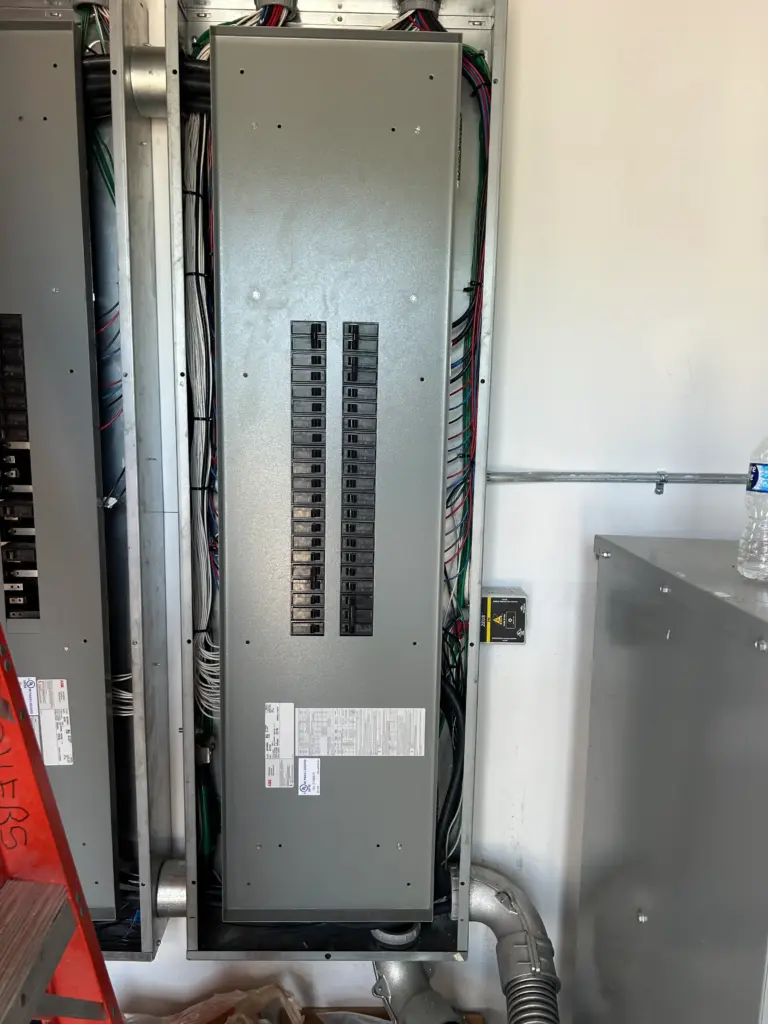
Short Circuits: A Serious Electrical Hazard
Another common cause for frequent breaker tripping is a short circuit. This happens when a hot wire touches a neutral wire or another conductive surface, creating a sudden and dangerous increase in current.
Short circuits can be caused by damaged wires, loose connections, or internal faults in outlets, switches, or plugged-in appliances. In some cases, the short can result in visible sparks, popping sounds, or a burning smell.
Short circuits are more than a nuisance—they’re a major fire hazard. If your breaker repeatedly trips with no obvious cause, and especially if there are signs of damage or scorch marks on outlets, it’s critical to call an electrician immediately.
The National Fire Protection Association (NFPA) provides detailed resources on the dangers of short circuits and electrical fires, reinforcing the importance of immediate attention when these issues arise. If you’re unsure why does my breaker box keep tripping, a hidden short circuit might be the culprit.
Ground Faults and GFCI Protection
Ground faults occur when electricity strays from its intended path and flows into the ground, often through an unintended conductor like a person or metal surface. This can happen in kitchens, bathrooms, garages, and outdoor areas—anywhere moisture is present.
GFCI (Ground Fault Circuit Interrupter) outlets are designed to detect these faults and cut power quickly. However, if your breaker box is wired to trip when ground faults occur, the issue may seem like a general nuisance. In reality, it’s a protective measure that’s preventing shocks or worse.
When pondering why does my breaker box keep tripping, consider where it’s happening. If it’s in areas prone to moisture or with GFCI protection, a ground fault might be the cause. It’s another layer in understanding the bigger picture of electrical safety.
Aging Electrical Panels and Breakers
Another factor that can help explain why does my breaker box keep tripping is the age and condition of your electrical panel. Over time, breakers wear out just like any other mechanical component. Corrosion, dust, heat, and repeated tripping all degrade their functionality.
Old panels—especially those installed decades ago—may no longer meet today’s electrical demands. If your breaker trips even with a modest load, it may be because your panel isn’t up to modern code or capacity. Brands like Federal Pacific Electric (FPE) or Zinsco are known for having unsafe panels that often fail to trip when they should—or trip excessively when there’s no threat.
If your panel is more than 20–30 years old, or if you’re experiencing frequent trips without clear overloads, it’s time to call a licensed electrician. Others Electric can assess whether your breaker panel needs repair, an upgrade, or full replacement. Understanding why does my breaker box keep tripping in older systems can lead to smarter electrical planning.
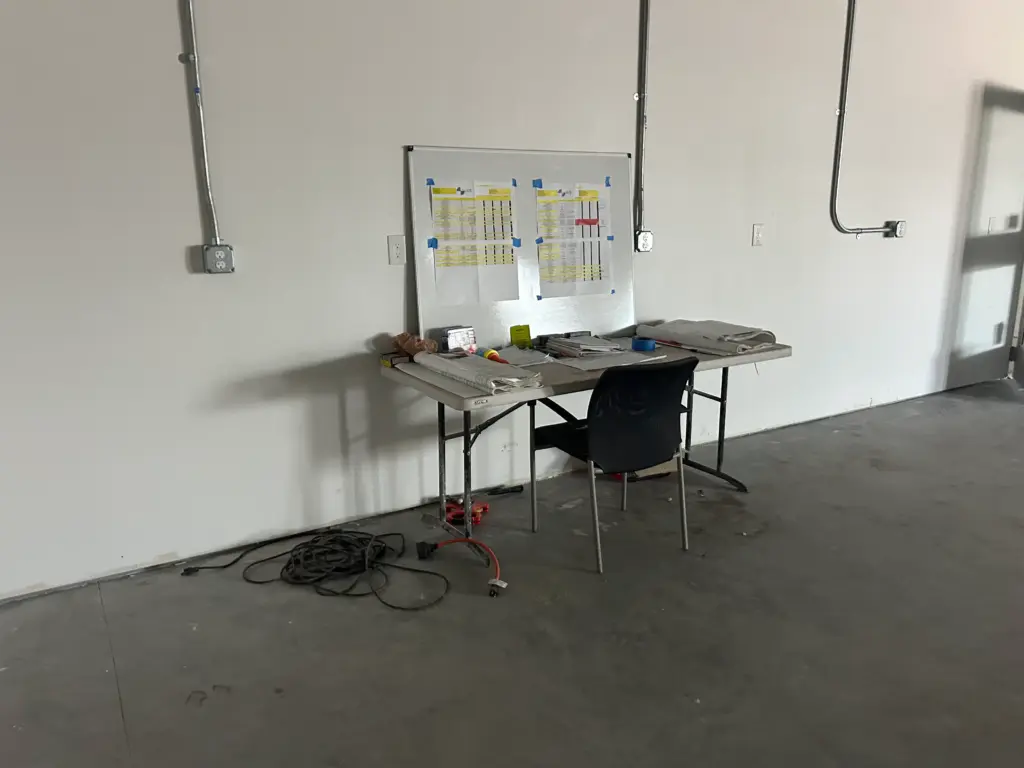
Weather, Lightning, and Electrical Fluctuations
Living on Florida’s east coast means exposure to powerful storms, heavy rain, and the occasional hurricane. Lightning strikes and unstable grid conditions during storms can introduce massive surges in power. When that happens, your breaker trips as a defensive mechanism.
This is particularly common when a surge enters the home via power lines or even cable/internet lines. If you experience tripping during or after a storm, this may be the culprit. Whole-house surge protection, professionally installed, can help reduce these events and protect your electronics.
Even outside of storms, humidity and salt air can corrode components within outdoor panels or exposed wiring, creating conductivity problems that can lead to erratic breaker behavior. These are often overlooked when diagnosing why does my breaker box keep tripping, but they’re critical in coastal regions.
Improper Wiring and Amateur Repairs
Another potential cause behind the question why does my breaker box keep tripping is improper wiring. DIY electrical work or outdated wiring not up to modern code can result in a host of problems: miswired circuits, undersized conductors, or faulty neutral connections.
This is especially risky in older homes where updates were made over the years by multiple parties. If you’ve recently purchased a property and the electrical system is unfamiliar, it’s wise to have it inspected.
Licensed electricians will trace wiring, test circuit loads, and identify issues that may be invisible to the untrained eye. That level of detail can make all the difference when trying to eliminate chronic breaker trips. If you’re tired of asking yourself why does my breaker box keep tripping, a professional audit may reveal the answer.
To explore the effects of improper installations and outdated systems, the National Institute of Standards and Technology (NIST) offers technical guidance on residential circuit safety and energy infrastructure.
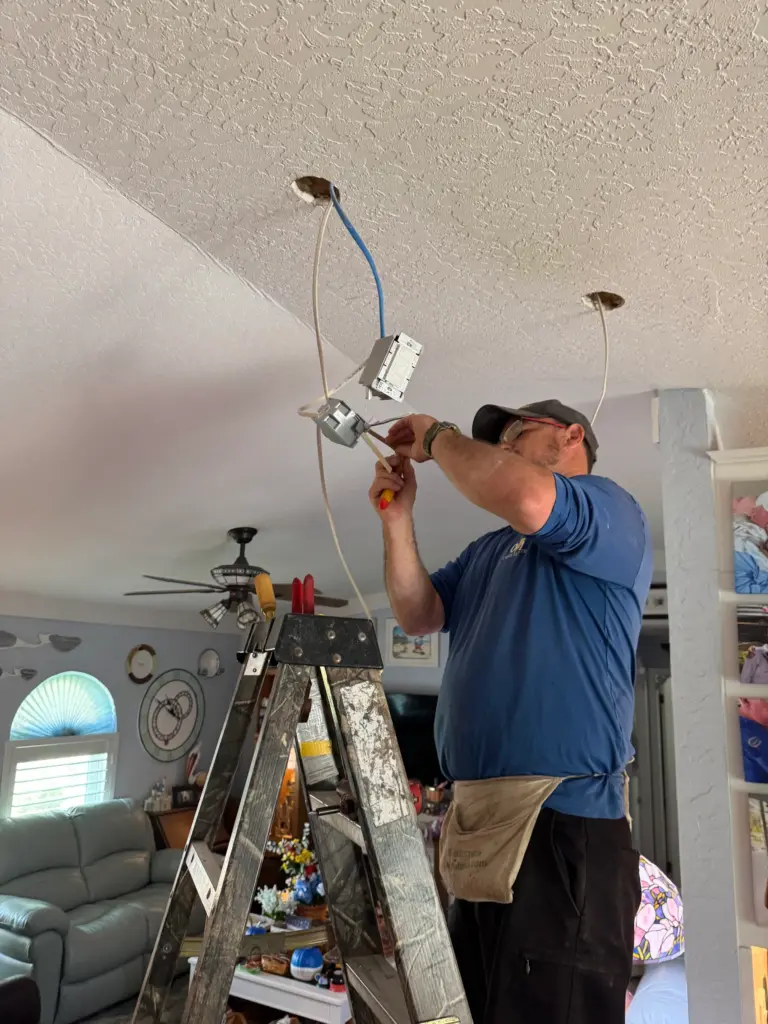
Conclusion
So, why does my breaker box keep tripping? It could be a variety of reasons—ranging from simple overloads to dangerous shorts or outdated equipment. What matters most is not ignoring it.
Tripping breakers are warning signs, not inconveniences. They alert you to electrical conditions that, if left unaddressed, could pose safety risks or result in costly damage. In Florida, where weather and aging infrastructure increase the likelihood of electrical issues, taking these signs seriously is especially important.
To get answers, accurate diagnosis, and long-lasting solutions, turn to the licensed electricians at Others Electric. Whether it’s upgrading your panel, improving your home’s capacity, or protecting your circuits from surges, they bring experience and reliability to every home they serve.


